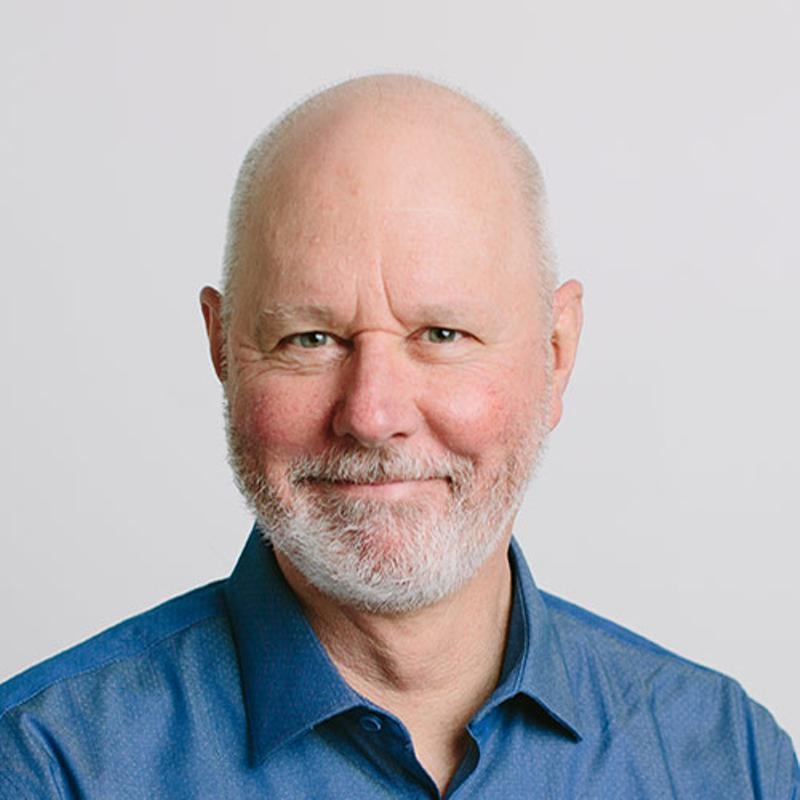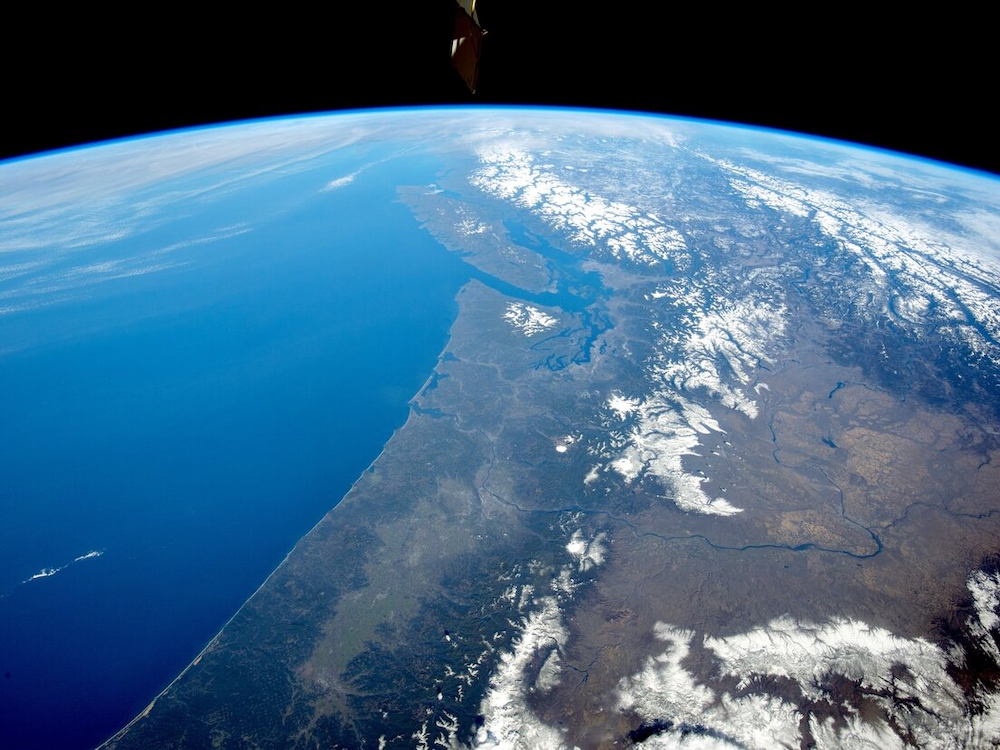British Columbia lies within a distinct bioregion that extends from Alaska to northern California. The millions of us who live within its boundaries, from Juneau to Burnaby to Sonoma, face a shared challenge. How to create the next economy while preserving the ecological riches, from the glacier-fed watersheds to the coastal wetlands, we all depend upon?
The myriad answers reside in people who are already taking up that challenge every day in what they do for a living. Would you like to meet them? So would we at The Tyee.
So we’ve created What Works, a new section that gives readers a chance to check in on people who are creating and running enterprises — for profit and not for profit — that are low-carbon, locally resilient, humane and attuned to the surrounding environment.
Another way to put this: Story by story, we are building the business pages for a healthy bioregion.
First up, today’s article by Christopher Cheung about the B.C.-based firm StructureCraft and its contributions to the fast-growing mass timber approach to construction, which, when done right, offers greenhouse gas emissions advantages over using concrete and steel.
What Works is funded by Magic Canoe, the non-profit arm of the Salmon Nation Trust. The Tyee retains editorial independence and is excited to partner with these forward-looking organizations.
Here are a few words from our partners at Salmon Nation and Magic Canoe explaining their involvement:
“If we are going to build a future we want to live in and raise our kids in, we need new narratives that emerge from stories about real work in real communities confronting real issues that affect us all.
“So much of our world feels broken. Our hope, perhaps our only hope, is to find out what works, who’s doing it and how, to share their stories, and inspire others. The Tyee What Works project is a great search engine for uncovering people working on solutions that matter.”
What Works stories are fact-based and fact-checked, and adhere to The Tyee’s general high standards. It’s critical that the reporting be rigorous because the aim is to find and document best practices that others might learn from and emulate throughout the bioregion.
We invite other publications to republish these What Works stories free of charge. If you are interested in doing so, don’t hesitate to contact me, the project leader, at dbeers[at]thetyee[dot]ca.
We invite journalists in Alaska, British Columbia, Washington, Oregon and northern California to pitch us stories that fit what we’ve explained is the What Works frame.
And we encourage folks to suggest ideas for further stories that profile makers of the new economy we need.
To inform you further about the aims, methods and support for What Works, we’ve prepared a frequently asked questions page.
Together, let’s map success stories that provide practical hope. Let’s find out What Works and pass it on. ![]()
Read more: Local Economy, Media, Environment
















Tyee Commenting Guidelines
Comments that violate guidelines risk being deleted, and violations may result in a temporary or permanent user ban. Maintain the spirit of good conversation to stay in the discussion and be patient with moderators. Comments are reviewed regularly but not in real time.
Do:
Do not: